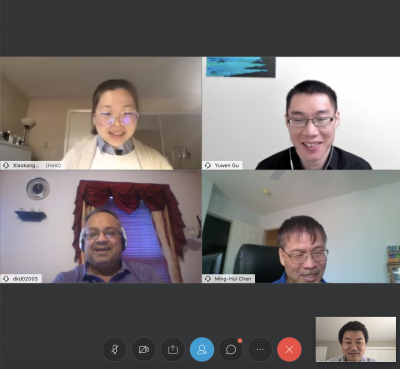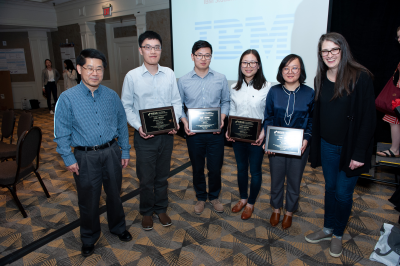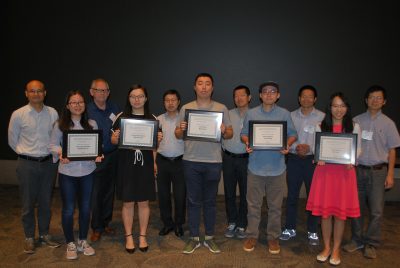UCSAS (http://uconnsportsanalytics.org) is to be hosted by UConn on Saturday, Oct. 5, 2019. It is the first sports analytics conference that is initiated by students and focuses on students.
Call For Poster Presentations
Have an interesting sports analytics project to present? We welcome poster presentations from both students and non-students.
About UCSAS
While there are many well-established sports analytics conferences, such as New England Symposium on Sports in Statistics (NESSIS) or the MIT Sloan Sports Analytics Conference, they are often not accessible to students due to technical level, cost, or space limitations. UConn, recognized nationally for its teams in sports such as basketball, baseball, and hockey, among others, will host the UConn Sports Analytics Symposium (UCSAS), which will focus specifically on undergraduate and graduate students who are interested in sports analytics. UCSAS, organized by the Statistical Data Science Lab at UConn and co-sponsored by the UConn Data Science Club (a student organization), aims to: 1) showcase sports analytics to students at an accessible level; 2) train students in data analytics with application to sports data; and 3) foster collaboration between academic programs and the sports industry.
Three Keynote Presentations
+ Dr. Gregory J. Matthews, Assistant Professor, Loyola University Chicago: How Often Does the Best Team Win? A Unified Approach to Understanding Randomness in North American Sport
+ Dr. Meredith J. Wills, Sports Data Product Specialist, SMT (SportsMEDIA Technology Corp): How to Catch a Fly(ball) with Chopsticks?
+ Dr. Brian Macdonald, Director of Data Analytics, ESPN: An Overview of Data Science Problems in the Sports Industry
Five Training Workshops:
Five parallel, 2-hour training workshops led by experienced graduate students from the Department of Statistics at UConn offer training from jumpstart to advanced sports analytic skills.
• (Introductory level) Introduction to R: Tuhin Sheikh
• (Introductory level) Introduction to Python: Jun Jin
• (Intermediate level) Data Visualization with R: Yiming Zhang
• (Intermediate level) Baseball Analytics with R: Zhe Wang
• (Advanced level) Web Scraping for Sports Data: Wanwan Xu


